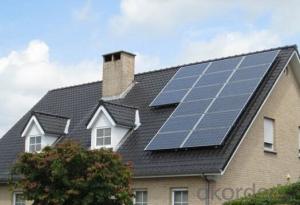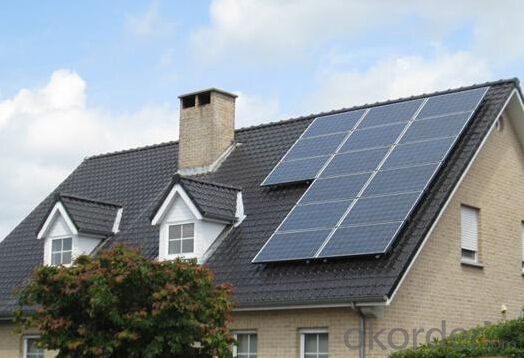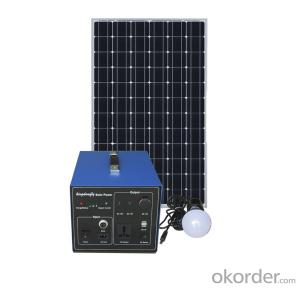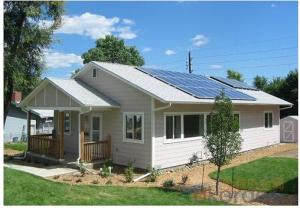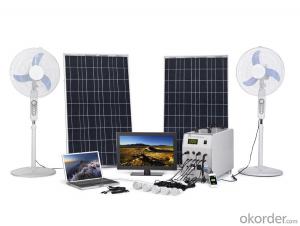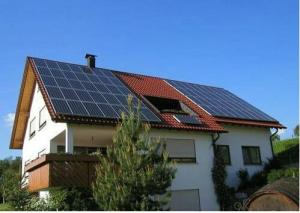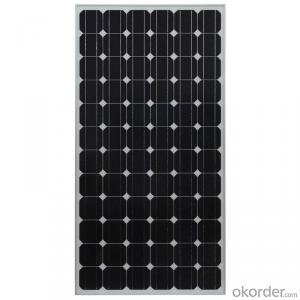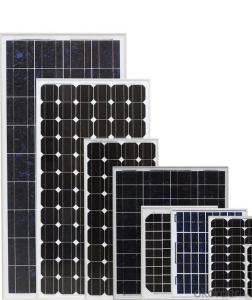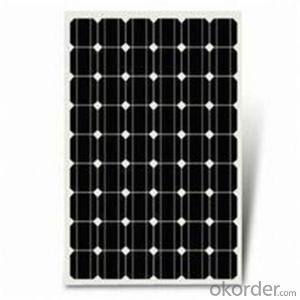Customized Solar Energy Systems - 200W Solar System Made in China
- Loading Port:
- China Main Port
- Payment Terms:
- TT OR LC
- Min Order Qty:
- -
- Supply Capability:
- -
OKorder Service Pledge
Quality Product, Order Online Tracking, Timely Delivery
OKorder Financial Service
Credit Rating, Credit Services, Credit Purchasing
You Might Also Like
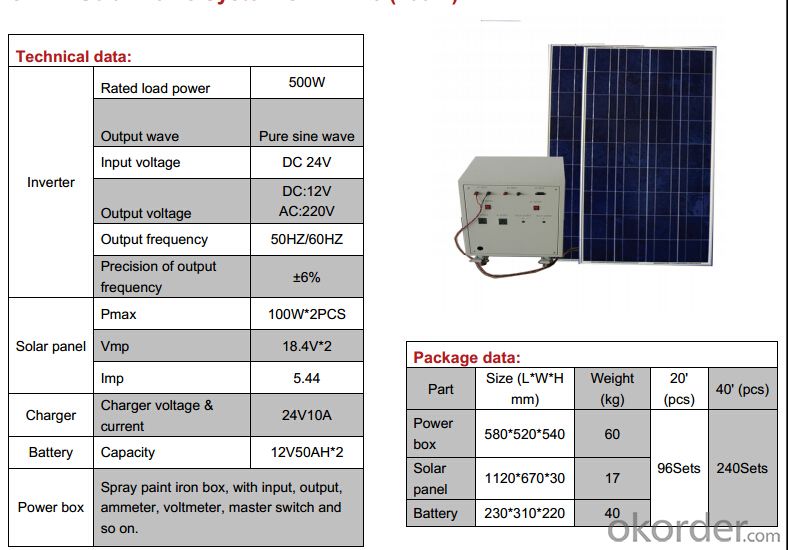
- Q: Can solar energy systems be used in areas with limited access to solar energy community initiatives?
- Yes, solar energy systems can still be used in areas with limited access to solar energy community initiatives. While it may be more challenging to implement large-scale solar projects in areas with limited solar resources, individual households or businesses can still benefit from smaller solar energy systems, such as rooftop solar panels. These systems can help generate electricity locally, reducing reliance on traditional energy sources and contributing to a more sustainable energy future. Additionally, advancements in solar technology, such as more efficient panels and energy storage solutions, can further improve the viability of solar energy systems in areas with limited access to solar energy community initiatives.
- Q: How does the efficiency of solar panels vary based on the temperature?
- The efficiency of solar panels typically decreases with increasing temperature.
- Q: Can solar panels be used to charge mobile devices?
- Yes, solar panels can be used to charge mobile devices.
- Q: What is a solar inverter and why is it necessary?
- A solar inverter is an essential device in a solar power system that converts the direct current (DC) generated by solar panels into alternating current (AC) electricity suitable for powering household appliances and feeding into the electrical grid. It is necessary because most household appliances and the electrical grid operate on AC power, while solar panels produce DC power. Without a solar inverter, the generated solar energy would be unusable and incompatible with our existing electrical infrastructure. Therefore, a solar inverter plays a vital role in enabling the efficient utilization of solar energy and facilitating its integration into our daily lives.
- Q: Can solar energy systems be used for powering remote cabins or cottages?
- Yes, solar energy systems can be effectively used for powering remote cabins or cottages. Since these locations are typically situated far away from utility power grids, solar panels can harness sunlight and convert it into usable electricity to meet the energy needs of these off-grid properties. With advancements in solar technology, it is now possible to design systems that can generate enough power to run appliances, lighting, heating, and other electrical devices in remote cabins or cottages. Additionally, energy storage solutions like batteries can be integrated into the system to ensure a constant power supply even during periods of low sunlight.
- Q: Are there any risks of electrical malfunction or failure with solar energy systems?
- Yes, there are some risks of electrical malfunction or failure with solar energy systems. These can include issues such as faulty wiring, damage to solar panels, or inverter failures. Additionally, extreme weather conditions like lightning strikes or power surges can also pose a risk. However, proper maintenance, regular inspections, and adherence to safety guidelines can help mitigate these risks and ensure the safe and efficient functioning of solar energy systems.
- Q: What is the role of solar energy systems in reducing greenhouse gas emissions?
- Solar energy systems play a crucial role in reducing greenhouse gas emissions by providing clean, renewable energy without emitting any harmful pollutants. By harnessing the power of the sun, these systems generate electricity, heat, and hot water, reducing the reliance on fossil fuels and traditional energy sources that contribute to greenhouse gas emissions. The use of solar energy helps to decrease the carbon footprint and combat climate change while promoting a sustainable and environmentally friendly energy transition.
- Q: How do solar energy systems contribute to reducing the risk of power outages during extreme weather events?
- Solar energy systems contribute to reducing the risk of power outages during extreme weather events by providing a decentralized and reliable source of power. Unlike traditional power grids that rely on centralized power plants, solar energy systems generate electricity locally and are less susceptible to damage caused by severe weather. By diversifying the energy mix and incorporating solar power into the grid, communities can maintain a steady power supply even in the face of power disruptions caused by extreme weather events.
- Q: Can solar energy systems be used in powering wineries or breweries?
- Yes, solar energy systems can be used to power wineries or breweries. Solar panels can be installed on the roofs of the buildings or in nearby open areas to generate clean and renewable electricity. This can help wineries and breweries reduce their dependence on fossil fuels, lower their energy costs, and contribute to a more sustainable and environmentally-friendly operation.
- Q: Can solar energy systems be used in areas with limited access to solar batteries?
- Yes, solar energy systems can still be used in areas with limited access to solar batteries. In such cases, the solar energy generated during the day can be directly consumed or stored temporarily in alternative energy storage systems like capacitors or flywheels. These systems can be used to power devices or provide electricity during periods of low or no sunlight, ensuring a continuous and reliable energy supply even without solar batteries.
Send your message to us
Customized Solar Energy Systems - 200W Solar System Made in China
- Loading Port:
- China Main Port
- Payment Terms:
- TT OR LC
- Min Order Qty:
- -
- Supply Capability:
- -
OKorder Service Pledge
Quality Product, Order Online Tracking, Timely Delivery
OKorder Financial Service
Credit Rating, Credit Services, Credit Purchasing
Similar products
Hot products
Hot Searches
Related keywords
